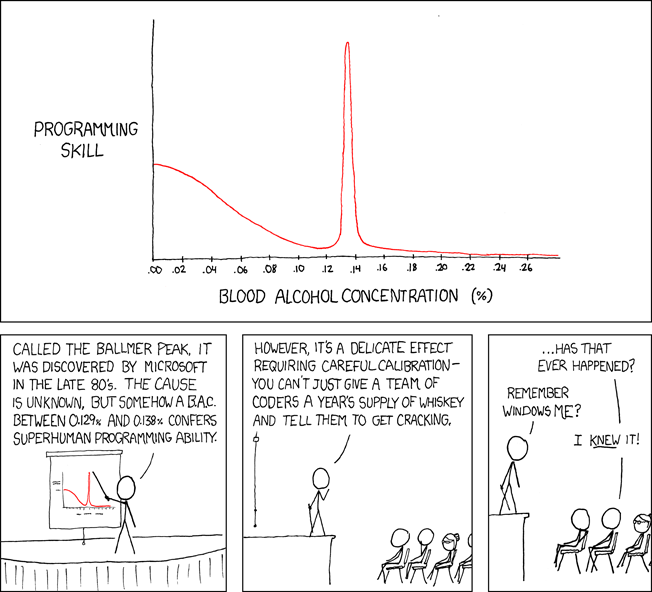To be honest, so many of the comments in this thread are just cope.
It's true that ai isn't a replacement for good coders ..YET.
But it will be. You all can be as mad as you want, publish as many articles about how much ai sucks as you want. but it won't stop anything from happening.
I say this as someone who has just started to learn to code myself.
The reason you all are mad is because you suddenly feel unsafe and unappreciated. And you're right.
Ai is still gonna happen though. It will take away a lot of your jobs (especially starting with jr coders just getting into the market). It will lower your pay. You can yell about it, or you can adapt. Sucks, but it is what it is.
Think of it this way: what do you think the market is gonna be like in 5 years? Then 10? Brah, start preparing now. Right fucking now. Cuz it ain't gonna get easier for you. I promise.
It happened with blue-collar factory works in the midwest regions of the US because of automation and offshoring. People bitched and tried to stop it. Lots of snooty white-color workers yelled, "learn to code!" But none of that saved their jobs.
And you guys won't stop it happening with your jobs either. I don't like the idea of AI taking over everything either. But it will. Adapt or die.
I've just started to learn to code. I am enjoying it. But in no way, shape, or form am I thinking it's going to lead to a job for me.
EDIT: To copy what some else said, much better than me:
The idea that AI will some day be good at coding isn’t the issue. The issue is that some people in management think it’s already well on the way to being a good substitute, and they’re trying to do more with fewer coders to everyone’s detriment.

